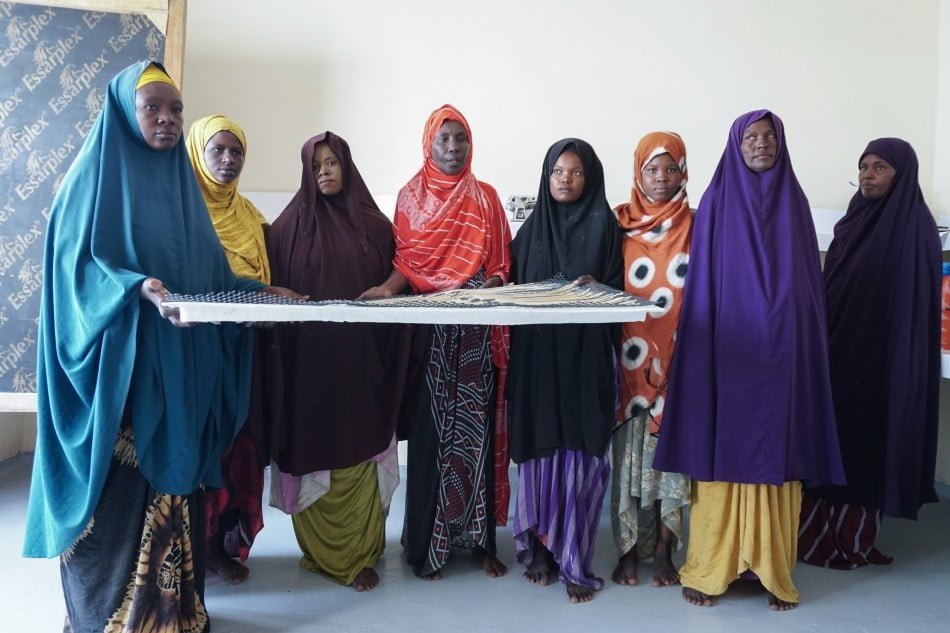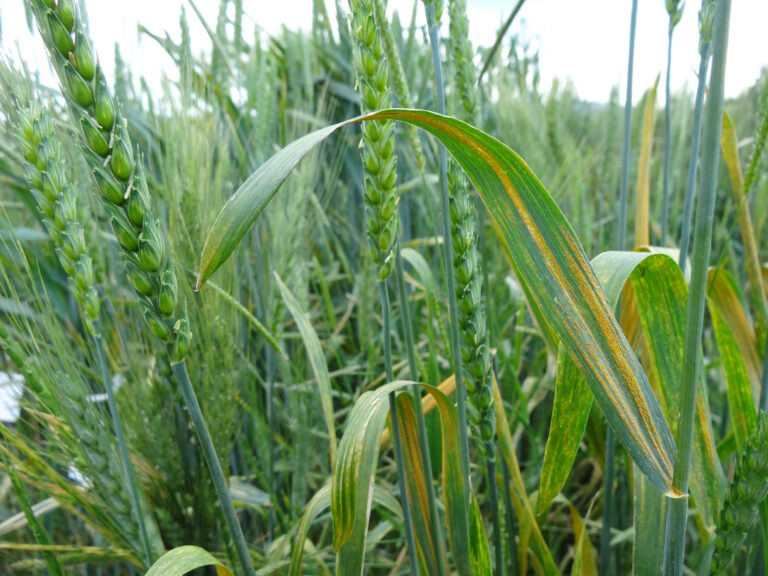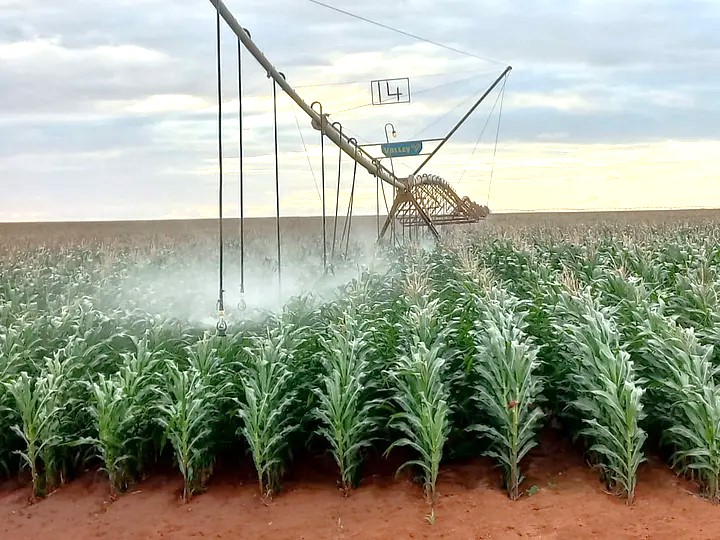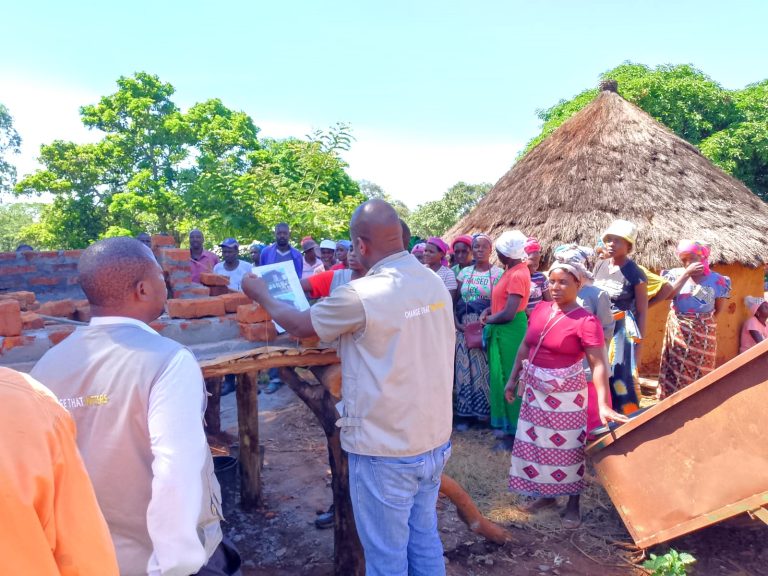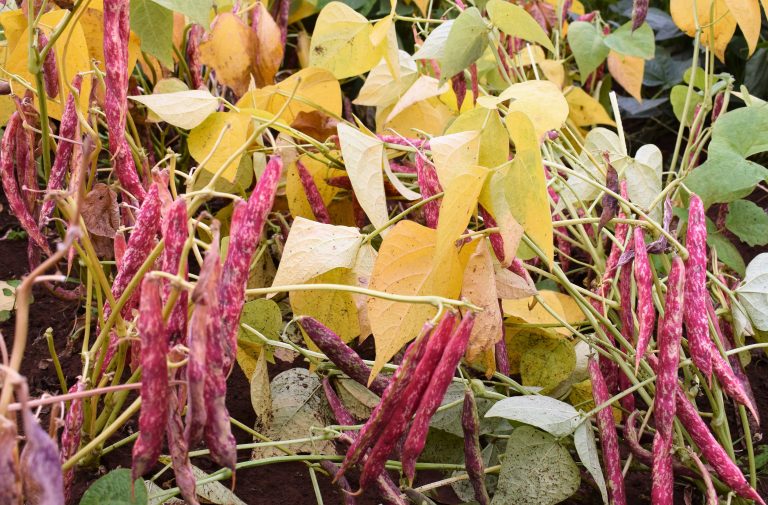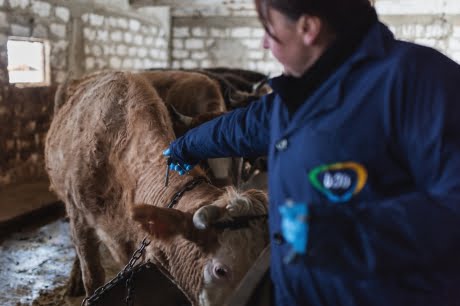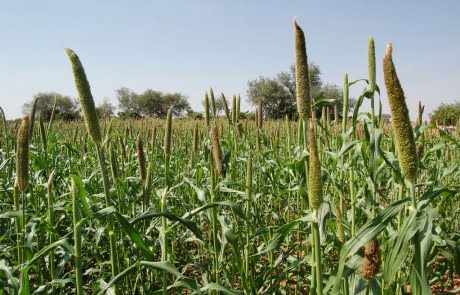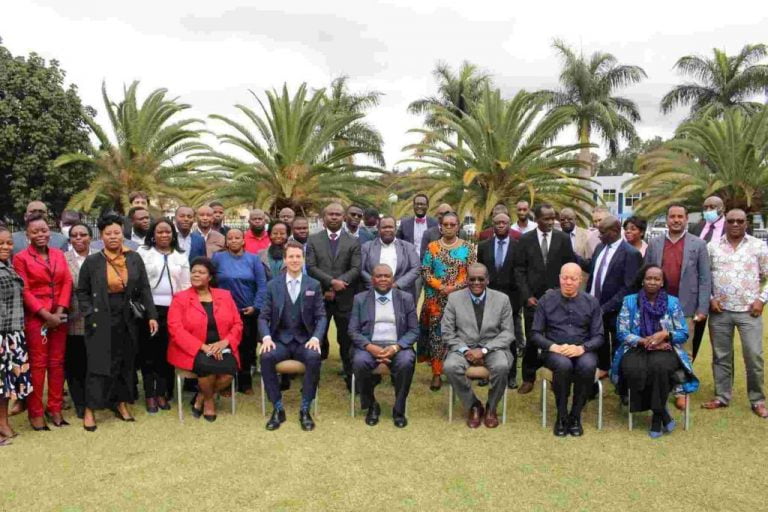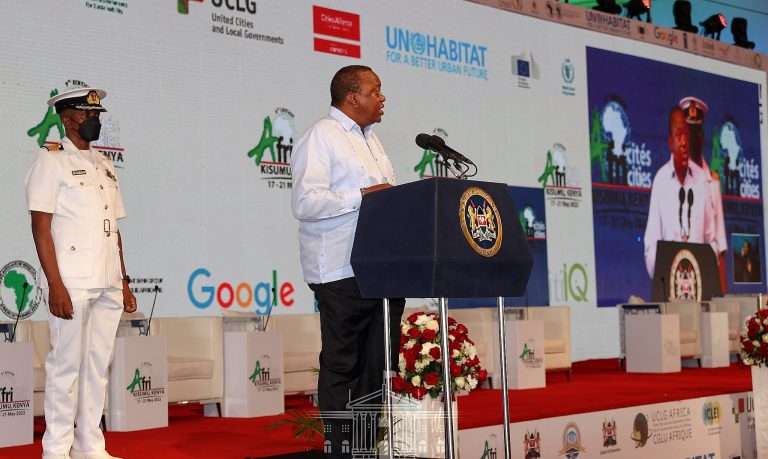A warm breeze wafts across the desert plains outside Bossaso, Somalia, where many Internally Displaced People (IDP) live in perennial temporary camps. Job opportunities are scarce for the residents here. They are people who fled from war, constant insecurity or hunger, but it’s not easy to create a good life for themselves in this new region either.
Fartun arrived to Bossaso from southern Somalia a “long time ago”, but she doesn’t remember when. A mother of four, she used to stay at home to look after their children, while her husband, earning little, worked as a porter in the market of Bossaso. She and her husband struggled to provide for themselves and their children.
But a few months ago, Fartun learned about a new opportunity in her community. She enrolled in an innovative FAO project, funded by the government of Kuwait, to learn how to make a specialty more synonymous with Italy than Eastern Africa: pasta. Not just any kind of pasta, however, fish pasta.
Perhaps not widely known, but pasta is actually a common meal in Somalia, part of the legacy from its time as an Italian colony. What isn’t a common meal in Somalia, at least not yet, is fish, particularly in the country’s inland communities.
“I wanted to somehow earn some income for my family,” says Fartun.
Highly nutritious, fish is amply available along Somalia’s coastline. At 3 333 km, it is the longest in continental Africa. Currently underutilized, fish has huge potential to tackle micronutrient deficiencies and improve nutrition in a region where acute food insecurity and malnutrition are common, including these IDP camps in Bossaso.
This new kind of pasta contains 7.5 percent fish flour, which according to a survey conducted at the pilot stage of this Kuwait-funded project resulted the preferred amount for consumers, who will get the nutrients they need from the fish without drastically changing the taste of the pasta. The project has successfully introduced fish into the consumer’s diet increasing the nutritional value of diets in the area, without excessively disrupting Somali food culture, which is generally meat-based. Not only that, but it has provided new opportunities to the IDP communities, in particular women, to generate incomes.
Thanks to her new job, Fartun has added a new dimension to her life outside her home. She enjoys working with other women from the IDP camp, where they collaborate together in a facility stocked with the necessary equipment and tools. “It is great to interact with them [the women]. We have a good time making pasta together,” she comments.
The women produce high quality fish-pasta in a contained environment following food safety standards. The pasta is then sold to wholesalers and owners of local shops, and the women follow up with these sellers in order to find out how well the product is selling and restock the supply.
Fartun recognises that enrolling in this project has made a “big change” in her life, allowing her to generate an income and support her family.
“It has allowed me to buy mattresses for our home,” adds Fartun. “Being able to buy things on my own is a great feeling. I am very grateful for this opportunity.” But this Somali woman’s ambition doesn’t stop there: “I still need to keep exercising my skills, but I want to have my own business in the future.”
The effect of the COVID-19 pandemic
Coronavirus was first detected in the country in mid-March and since then Somalia has recorded one of the highest number of cases in East Africa. Movement and trade restrictions to contain the virus have increased the number of people in need of emergency food and livelihood support across the country.
Fartun comments, “My income has gone down zero due to the COVID-19 restrictions, although fortunately there has been no single patient or victim in our Buula Eelay [IDP camp] so far.”
FAO continues to deliver assistance in Somalia, adhering to the World Health Organization and Government’s COVID-19 guidelines and adapting its operations to take all necessary precautions and preventive measures, while also identifying innovative ways to keep supporting people during this crisis.
Because of both these COVID-19 limitations and the harsh climate conditions the region faces in the fishing off-season, Fartun and the fish pasta processors stopped their activities in May. They hope to resume their work as of September. In addition to restarting their fish pasta business, they will participate in a countrywide nutrition campaign, funded by France, that promotes fish consumption in the inland towns.
Combatting malnutrition beyond the pandemic
Utilising natural resources in new ways is an important part of combatting malnutrition, while creating livelihoods and improving the lives of women like Fartun across the world. Sustainable Development Goal 2 – Zero Hunger – is not only about making sure that everyone has enough to eat, it’s about making sure everyone has access to a healthy, nutritious diet. We need to be innovative in our methods and fish pasta is certainly a new nutritious way of addressing the old problem of malnutrition.


